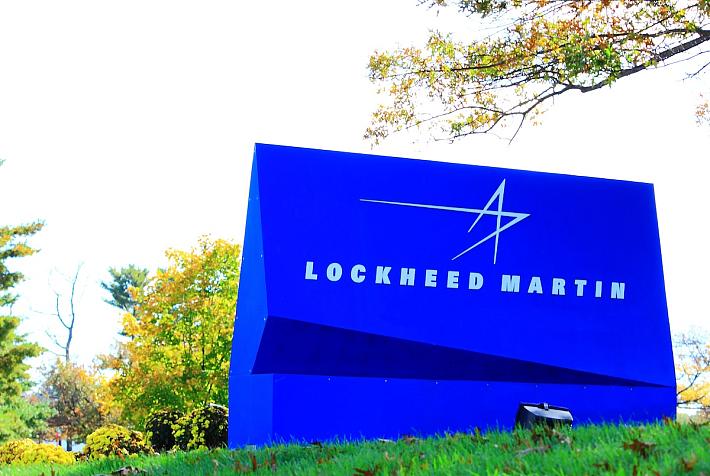Press Release: The pros and cons of acquiring a loan with no broker

When you acquire a loan, you can look for a lender and process your application by yourself, or you can look for a broker to match you with a lender that fits your needs. There are so many loan brokers available online today who offer their services to the public.
However, before you decide whether to go directly to a lender or go via a broker, you need to know how it will affect you. To help you decide, here are the pros and cons that you must expect in acquiring a loan without a broker's help.
The Disadvantage of No Broker Loan
- You will spend a lot of time searching for a lender to provide you a service that perfectly fits your needs. Without a broker to help you with your search, there is a big chance that you can come across lenders that impose heavy payment terms hidden in their contracts.
- Besides time-consuming, you will also be burdened with a lot of paperwork and the inconvenience of acquiring documents needed in your loan application, such as credit score, financial documents, and tax documents.
- There is a huge chance that you will find an illegitimate lender without the expertise of the broker. At this time, some fake lenders will take advantage of you, especially if you are not familiar with the industry.
- Loan brokers also act as loan advisors. They can give you tips on how to increase your credibility. For example, a broker will tell you more information and that it would help to pay your bills on time to improve your credit score and increase your chance of being approved for a loan.
- You will not have full access to the best lenders. Brokers have more access than you because some lenders work exclusively with brokers and only rely on the brokers to bring them, customers.
The Advantage Of A No Broker Loan
- You will not be paying a brokerage fee that will add up to your loan payment. You can save money and lessen hidden charges on your loan account. Although brokers can negotiate with the lender to waive some fees such as origination fee, appraisal fee, and application fees, you can do this on your own to save even more on the charges.
- Sometimes, a broker’s interest will not concur with yours. Your main goal in shopping for a lender is to find a specific lender that can provide you with what you need. Lenders usually compensate brokers for bringing in borrowers to their company, and sometimes, brokers overlook your goal as they fulfill theirs.
- When applying for a loan to a direct lender, you must ensure that you will be presented with the loan's final terms instead of the “Good Faith estimate” that brokers often give the borrowers. In some instances, lenders may change the terms, and you will end up paying additional fees and a higher interest rate.
Broker Vs. Direct Lender
The primary role of a broker is a middleman between you and the lender. They are professionals who are willing to do all the hard work on behalf of you, the borrower, to help you acquire a loan to finance your home, business, or other personal expenditures.
The brokers will make sure that you are matched with a lender that can provide you what you need, such as a low-interest rate and loan terms that suit you. Although it is unnecessary to hire a loan broker, they can be a great helping hand for you throughout your loan process.
While a direct lender is a person who directly lends you the money, direct lenders do not need a middle man like a broker to match them to a borrower and to act on behalf of the lender. Direct lenders are the ones who will review your application and will directly contact you for any updates regarding your application.
Unlike loan brokers who live on commissions, direct lenders do not get any approved application commissions. Instead, they may charge you an origination fee. Most of the time, brokers offer you a loan with a better commission than a loan that is beneficial to you.
How Much Does A Loan Broker Usually Cost?
Unlike loan officers, licensed brokers work independently, which means brokers need to be paid for their services. This payment can come either to you or the lender that agrees to extend you the loan.
Most of the time, the lender compensates the loan brokers for providing them a customer. The lender usually pays the broker around 1% or 2% of the entire loan amount. However, if you pay the fee, it will be paid upfront or rolled up into your loan payment.
Brokers have both disadvantages and advantages to you as a borrower. It only depends on your situation and capability if you get a broker to help you find a lender and process your application. However, if you can do this on your own, it is better that you go for a direct lender.
This is a Press Release. Here you can order press releases on this site.













